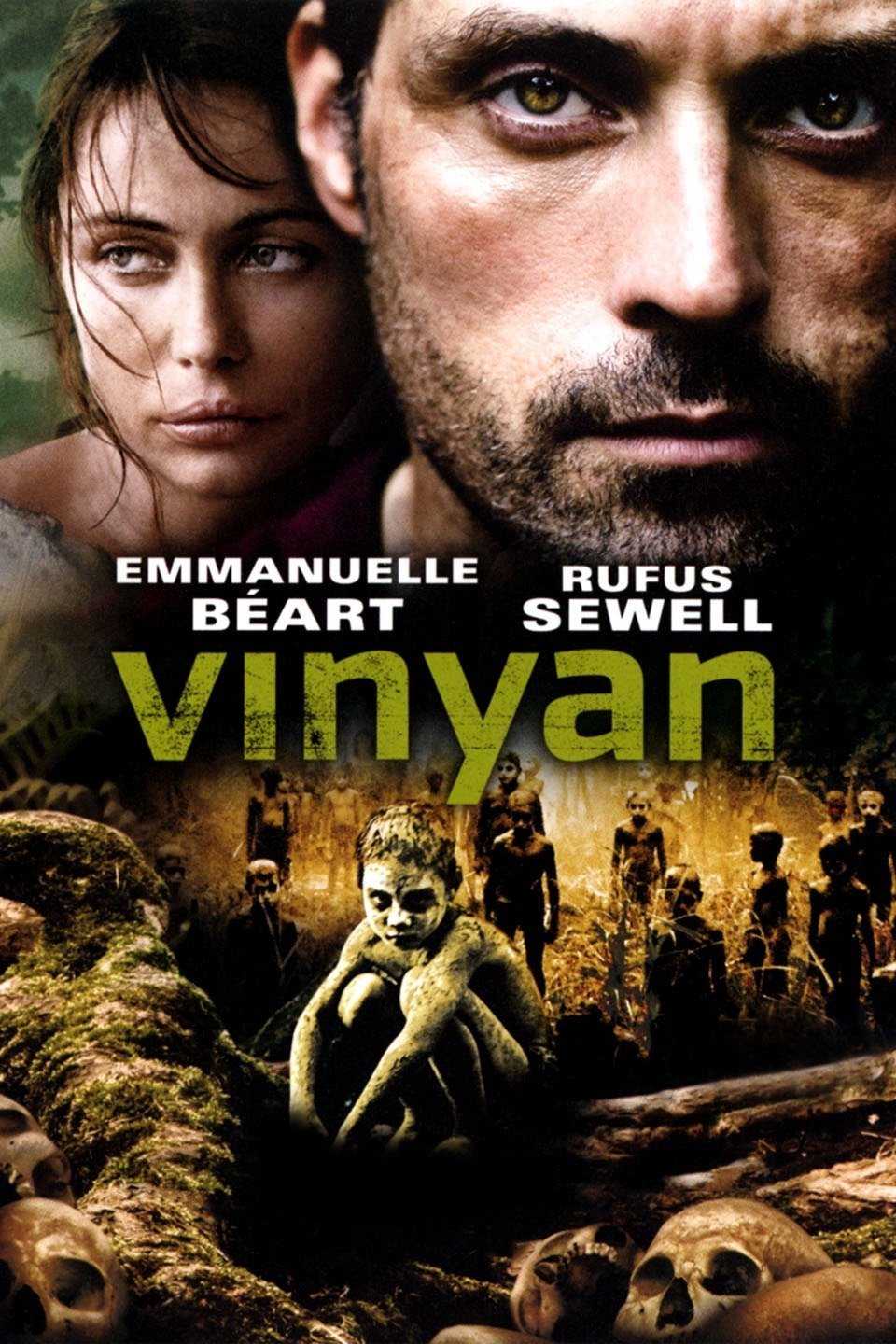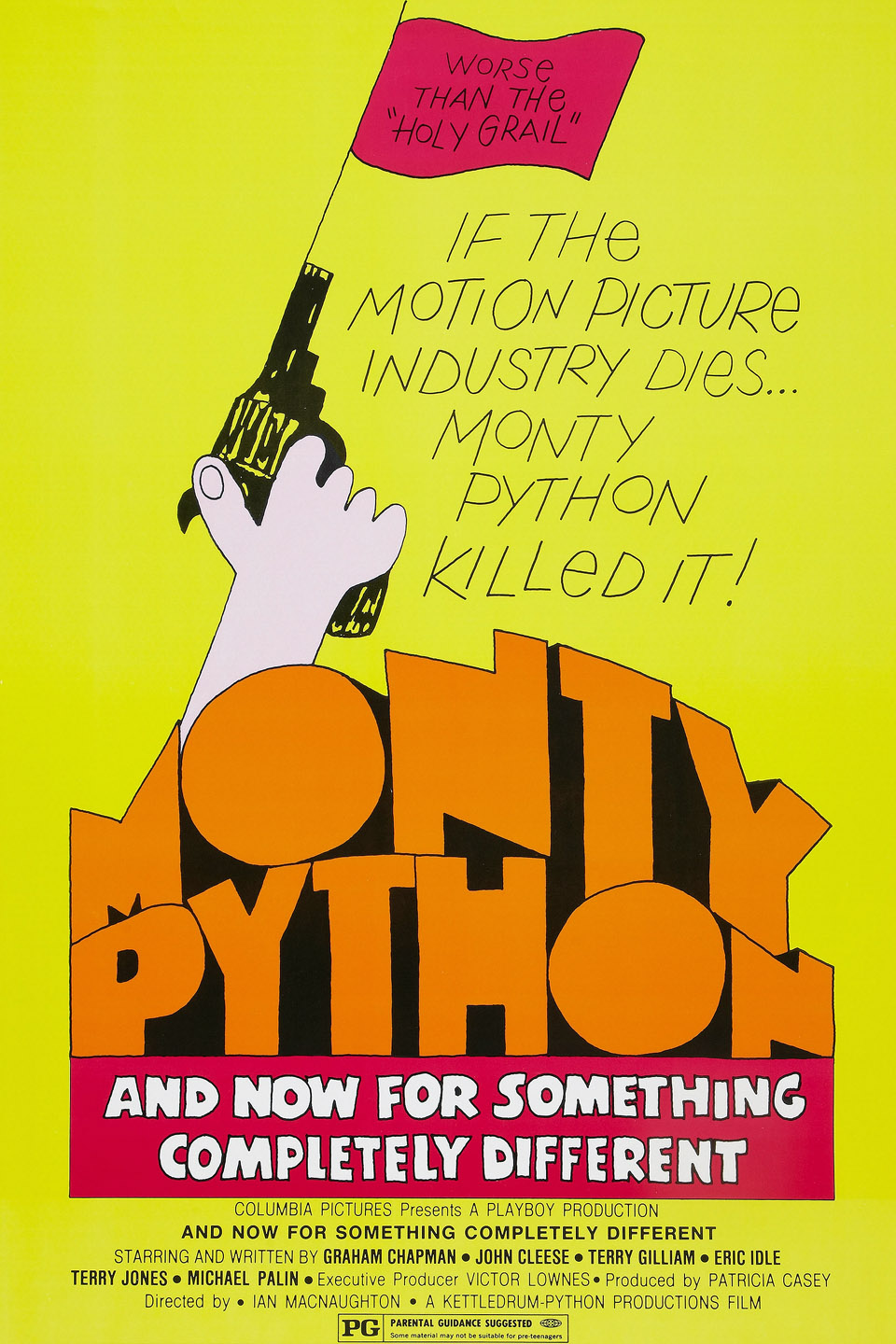Shot in 11 days while writer / director Alice Lowe was herself heavily pregnant, Prevenge is a bold and taboo busting piece of work that subverts many of the patronising stereotypes society still has around pregnancy, while still being a dark and funny thriller.
Lowe plays Ruth, a woman heavily pregnant and hell bent on revenge on the people who she blames for the loss of the father of her child. Both her script and performance manage the tricky balancing act of making Ruth sympathetic enough to be interesting, without ever condoning her actions, although the focus is never on whether or not she is going to be brought to justice.
The episodic structure and fast pace of the story means we are introduced to her victims just minutes before they are dispatched. It is a credit to the likes of Kate Dickie as a heartless job interviewer and Tom Davis as a hilariously sleazy DJ that they make a real impression and flesh out what could have been in other hands, rather two dimensional roles.
Prevenge is also very funny, although in a jet black way and many of the laughs comes from the voice in Ruth's head that commands her to kill, a voice she attributes to her unborn child.
As a writer, Lowe has a great ear for dialogue, capturing the sometimes banal feel of modern life and the condescending advice dished out by experts, both qualified and self-appointed. As a director, I'm looking forward to seeing what she does next.





